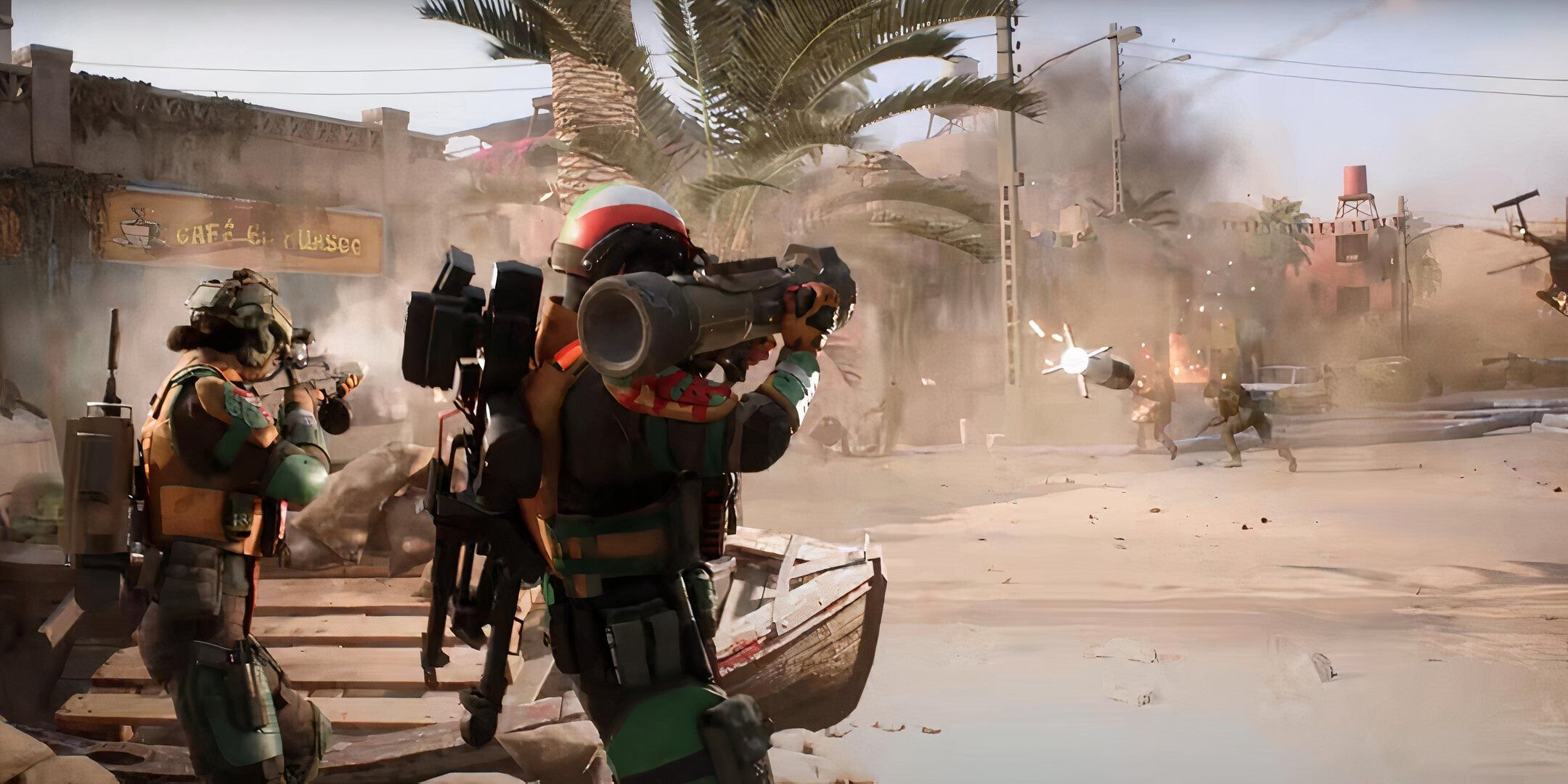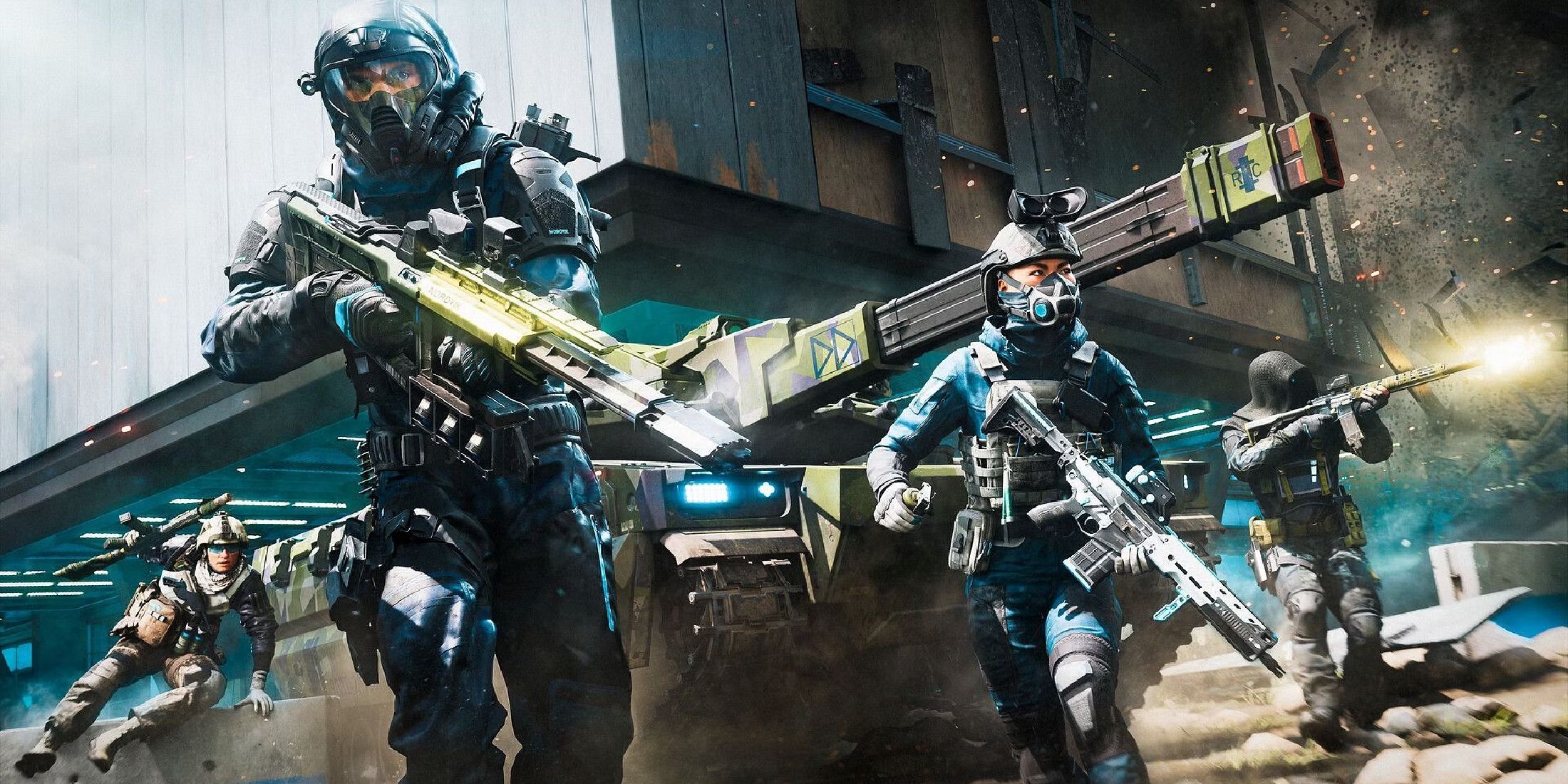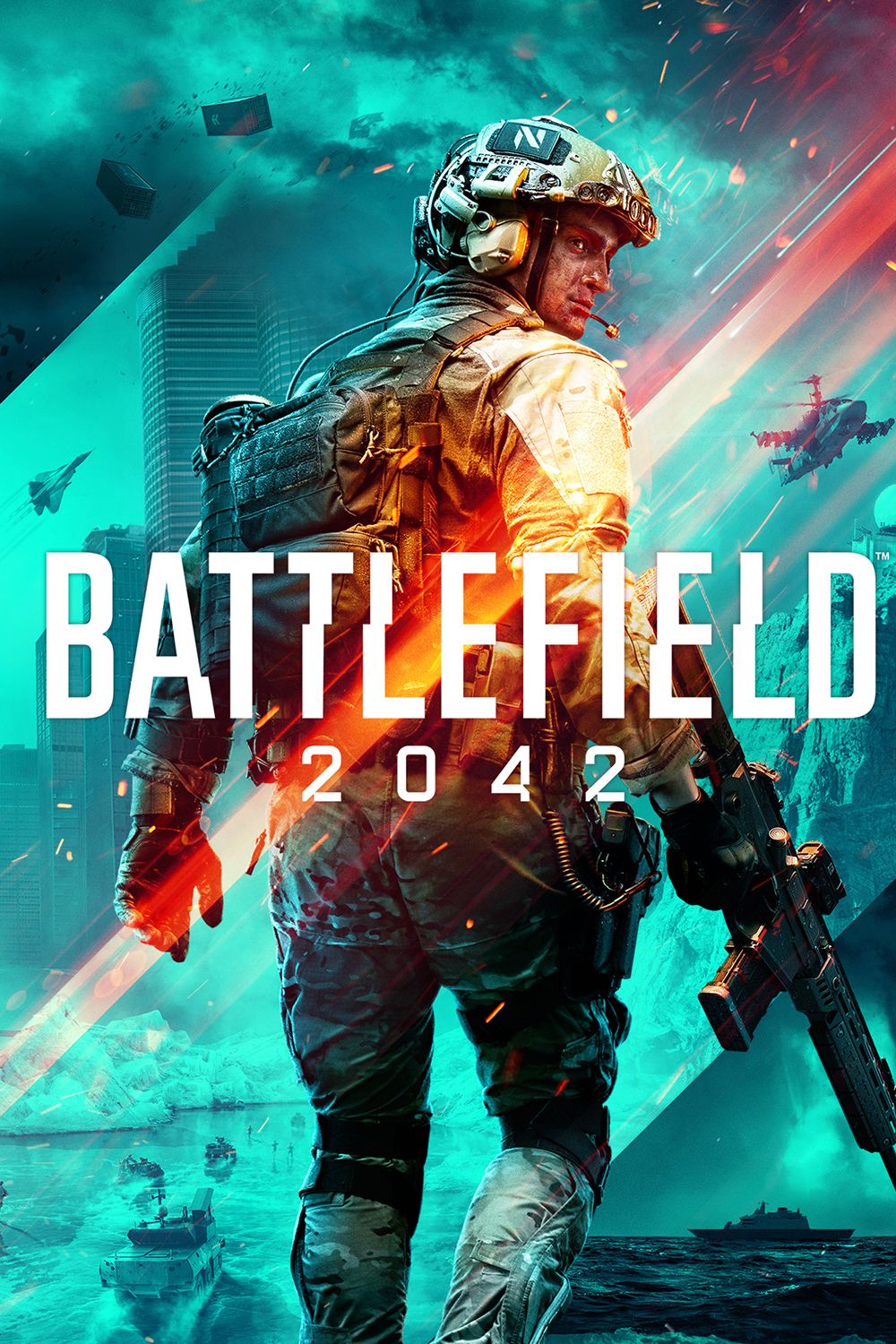Highlights
- The Battlefield franchise has struggled recently with disappointing releases like Battlefield 5 and 2042, impacting public perception.
- EA's CEO confirmed the next Battlefield game will be a live-service, sparking concern due to past failures with this model.
- However, despite initial setbacks, Battlefield 2042 improved with live-service updates, highlighting the potential for future success if DICE keeps those lessons in mind. Additionally, there is proof that live-service games can work if handled correctly, with Helldivers 2 being just one example.
The Battlefield franchise has missed nearly all the shots it's taken in the last few years, with Battlefield 5 and Battlefield 2042 both being pretty severe disappointments, at least when they first launched. It's going to take something pretty colossal to bring the series' once-stellar public perception back, and based on recent comments from EA's CEO, the next Battlefield game might not be the big gesture that fans were hoping for.
Just a few days ago, EA's CEO Andrew Wilson made a few sweeping statements about the next entry in the Battlefield franchise, which is currently being worked on by a cavalcade of talented studios. While the CEO made quite a few controversial comments about EA's future plans for monetization in games, it was Wilson's confirmation that the next Battlefield would be "another tremendous live service" that got fans riled up. Given Battlefield's past track record with the live-service model, and given the model's frequent failures across the industry, it's more than reasonable for fans to be worried about the series' future. But the next Battlefield being a live-service game was probably inevitable, and it can actually be a good thing if done correctly.

What EA Motive's Upcoming Battlefield Universe Could Look Like
The next Battlefield game has yet to have its official reveal, but a variety of signs point to big changes for EA's flagship shooter.
Battlefield's Live-Service Approach Isn't Necessarily a Bad Thing
Battlefield 2042 Taught EA Some Valuable Lessons About Live-Service
Over the last few entries, EA has been slowly adding more and more live-service elements to the Battlefield franchise, from paid skins to a seasonal approach to new content. Battlefield 2042 embraced this model fully, but like so many games both before and after it, Battlefield 2042 didn't know how to use the live-service model effectively.
At launch, Battlefield 2042 had a severe lack of multiplayer modes, maps, weapons, and customization, and it was clear that EA simply wanted to ship the game as fast as possible and add content to it later down the line. This approach has never worked, and it definitely didn't for Battlefield 2042, resulting in an infamously disappointing critical and commercial reception on launch.
But gradually, over the last few years, Battlefield 2042 has become the game it probably always should have been. Over the course of seven seasons, Battlefield 2042 added a handful of new maps, modes, weapons, and vehicles, while also making much-needed changes to features like the game's controversial Specialist system. Though for many fans it felt like too little, too late, Battlefield 2042 eventually used its live-service approach to better itself, and to draw some fans back in. If the next Battlefield game can ship with plenty of content to begin with, and keep up a steady stream of updates and patches in the months or years following its release, then it could end up being the ideal Battlefield game, especially if fan-feedback is taken into account with each update.
The Next Battlefield Will Just Be The Latest in a Long Line
When looking at the top multiplayer games in the world right now, almost every one follows a live-service approach in one way or another, from Apex Legends, Call of Duty: Warzone, and Fortnite to GTA Online and even Counter-Strike. Helldivers 2 is a recent example of a game that has thrived with a live-service model. In this modern age of gaming, where AAA titles take more time, effort, and money than ever before to create, going live-service is really the only viable way to earn those development costs back. But that doesn't need to be a bad thing.
While all of these games aren't perfect, they've managed to keep their player-bases invested for years now, and it's primarily due to their live-service elements. Though a live-service approach can often be used as an excuse by some publishers to put out unfinished games, in the right hands it can be a mutually beneficial tool for all parties, providing new content and features for fans while continuing to be a source of income for the developer.




